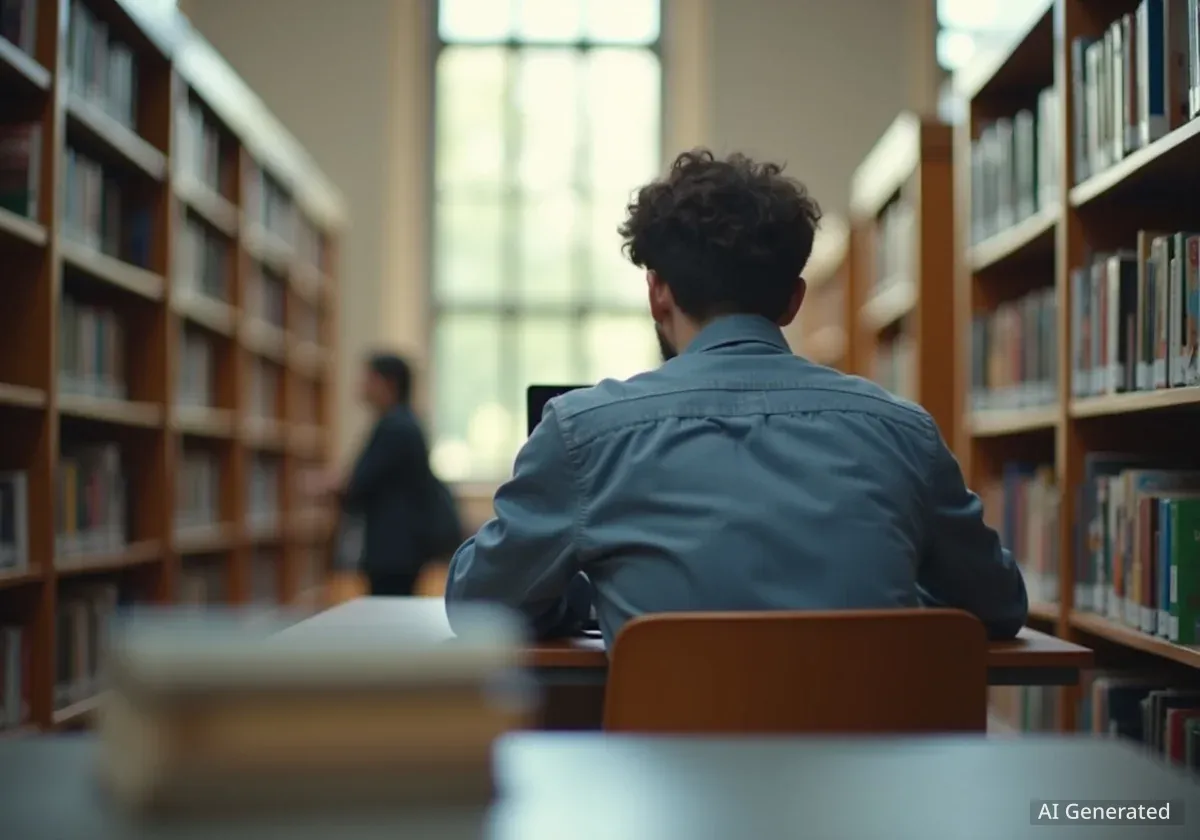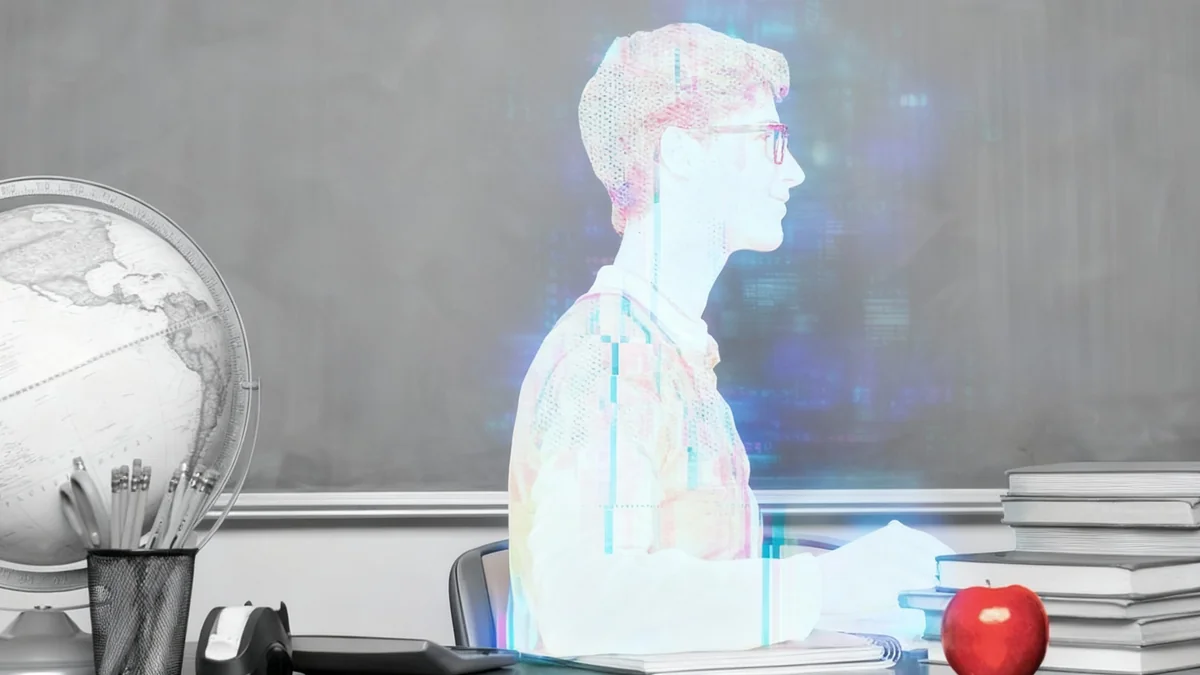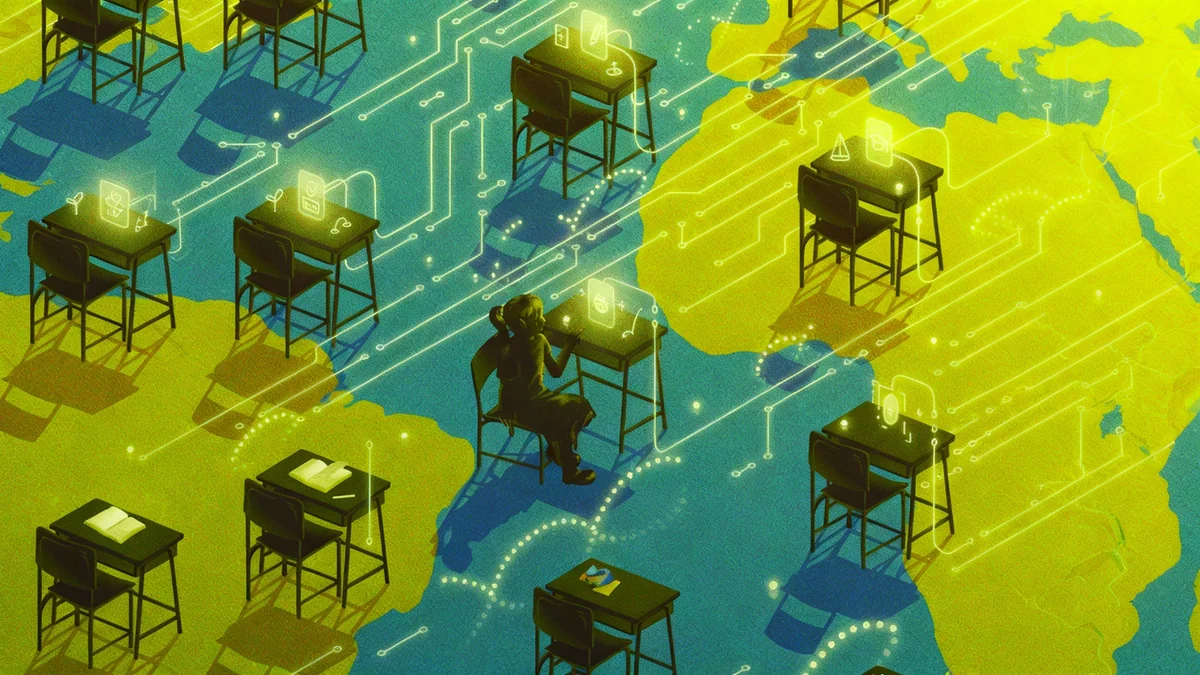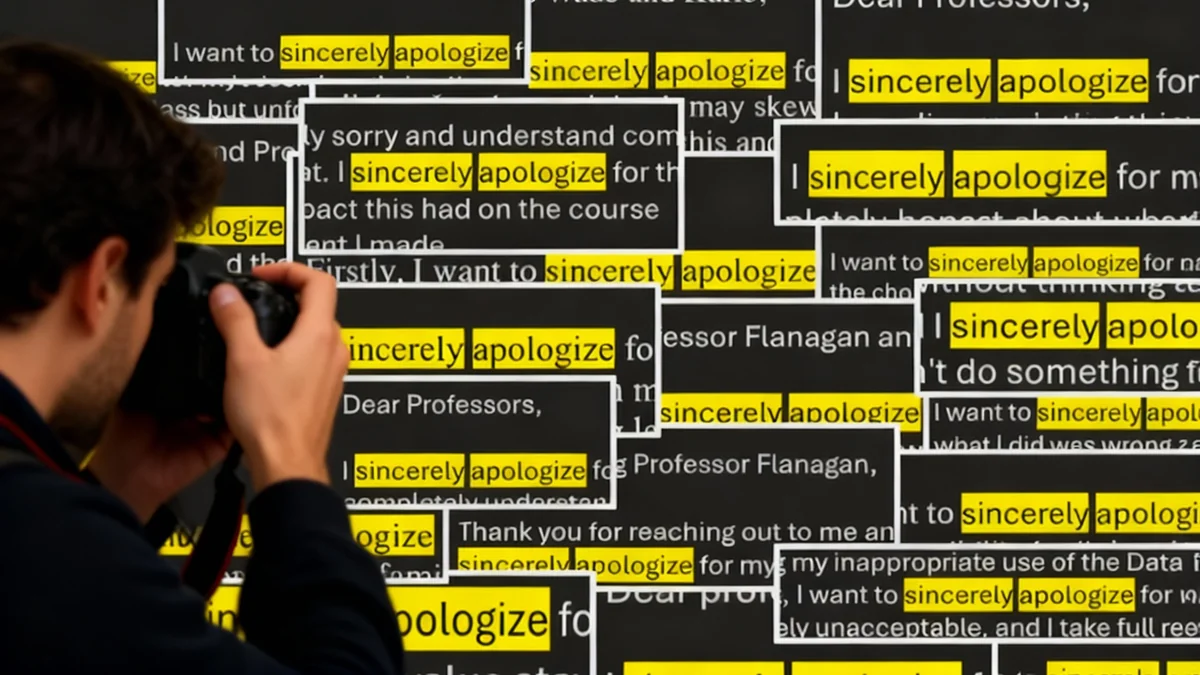A new report from Oxford University Press (OUP) reveals a significant conflict in how UK students view artificial intelligence. While 80% of teenagers aged 13 to 18 regularly use AI for schoolwork, a majority of 62% believe these tools are having a negative impact on their fundamental learning skills.
The research, which surveyed 2,000 students, highlights a growing concern among young people that reliance on AI could be undermining their ability to think critically, solve problems, and develop creativity. Many are now looking to educators for clear guidance on how to use the technology responsibly.
Key Takeaways
- A survey found 62% of UK students aged 13-18 believe AI has a negative impact on their academic skills.
- Despite this, 80% of students in this age group regularly use AI tools for their schoolwork.
- One in four students (25%) said AI makes it too easy to find answers without doing the work themselves.
- Students expressed a desire for more guidance from teachers on the proper and ethical use of AI in education.
Widespread Adoption Meets Deep-seated Concerns
The OUP study paints a clear picture of AI's integration into modern education. An overwhelming 80% of teenage students confirmed they use AI tools for their academic tasks. In contrast, only 2% stated they do not use AI at all for school-related activities.
However, this high adoption rate is accompanied by significant apprehension. The report's most striking finding is that 62% of these students feel that using AI has harmed their skills and development. This suggests that while students find the technology useful, they are also keenly aware of its potential downsides.
A Complicated Relationship
The data reveals a paradox in student behavior: 8 out of 10 students use AI for school, yet more than 6 out of 10 believe it is detrimental to their learning. This highlights a nuanced understanding of the technology's benefits and risks among teenagers.
This awareness is further demonstrated by specific worries. A quarter of the students surveyed agreed with the statement that AI “makes it too easy for me to find the answers without doing the work myself.” This points to a fear that AI encourages passive information retrieval over active learning and critical thinking.
The Impact on Creativity and Problem-Solving
Beyond simply making schoolwork easier, students expressed concerns about AI's effect on higher-order thinking skills. The survey found that 12% of respondents believe AI “limits my creative thinking.” A similar percentage reported that using the technology made them less likely to solve problems independently or to engage in creative writing.
These findings align with observations from educators. Daniel Williams, an assistant headteacher and AI lead at Bishop Vesey’s grammar school in Birmingham, commented on the results.
“The findings closely reflect what I see in school. Many pupils recognise AI’s value for creativity, revision, and problem-solving but often use it as a shortcut rather than a learning tool.”
This sentiment suggests a critical need to teach students how to use AI as a supportive tool for learning, not a replacement for it. The survey also found that nearly half of the students worried that their classmates were “secretly using AI” for assignments, raising issues of academic integrity.
Broader Scientific Concerns
The OUP report is not the first to raise alarms. A 2024 study by the Massachusetts Institute of Technology (MIT) analyzed the brain's electrical activity while students wrote essays using large language models (LLMs) like ChatGPT. The MIT researchers concluded that their results “raise concerns about the long-term educational implications of LLM reliance.”
A Surprising Level of Maturity and a Call for Guidance
Despite the concerns, the report also highlighted the sophisticated understanding students have about AI. Alexandra Tomescu, OUP’s generative AI and machine learning product specialist, noted the depth of the students' responses.
“For 60% of students to say they are concerned that AI tools encourage copying rather than doing original work, that’s a very deep understanding of what your schoolwork is meant to help you do,” Tomescu said. She added that young people often aren't given enough credit for their ability to navigate technology in an educational context.
Crucially, students are not navigating this new landscape alone by choice. Many reported a strong desire for more support from their teachers. They are looking for clear rules on appropriate AI use and help in evaluating the reliability of AI-generated information.
“We sometimes think there is a technological generational divide, and yet they are still looking at their teachers for guidance in how to use this technology productively, and I find that very positive,” Tomescu remarked.
In response to this clear need, OUP announced it is launching a new AI education hub specifically designed to support teachers in guiding their students through the complexities of artificial intelligence in the classroom.
The Positive Side of AI in Learning
The report was not entirely negative. A significant minority, 31% of students, said they did not believe AI had a negative impact on any of their skills. Many students also reported that AI helped them acquire new abilities and improve existing ones.
According to the survey data, students found AI beneficial in several ways:
- 18% said it helped them better understand complex problems.
- 15% reported that it helped them generate “new and better” ideas.
These positive experiences were supported by student anecdotes. One 15-year-old female student explained, “I have been able to understand maths better and it helps me to solve difficult questions.” Similarly, a 14-year-old boy claimed, “I now think faster than I used to.”
These comments show that when used correctly, AI can be a powerful educational assistant. The challenge for students and educators alike is to harness these benefits while mitigating the risks to fundamental academic skills.





